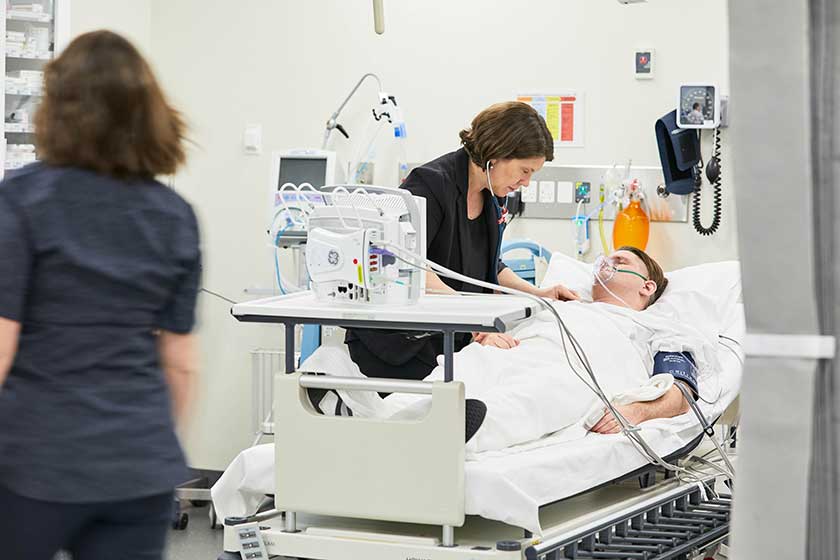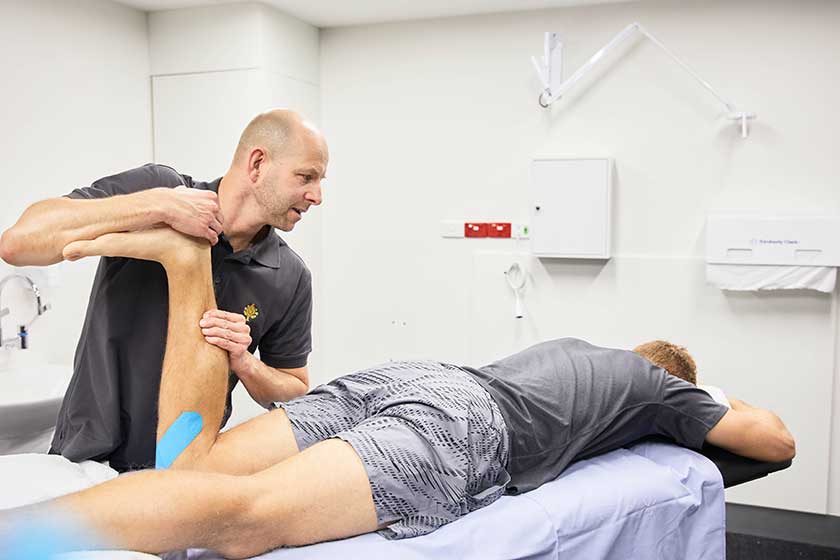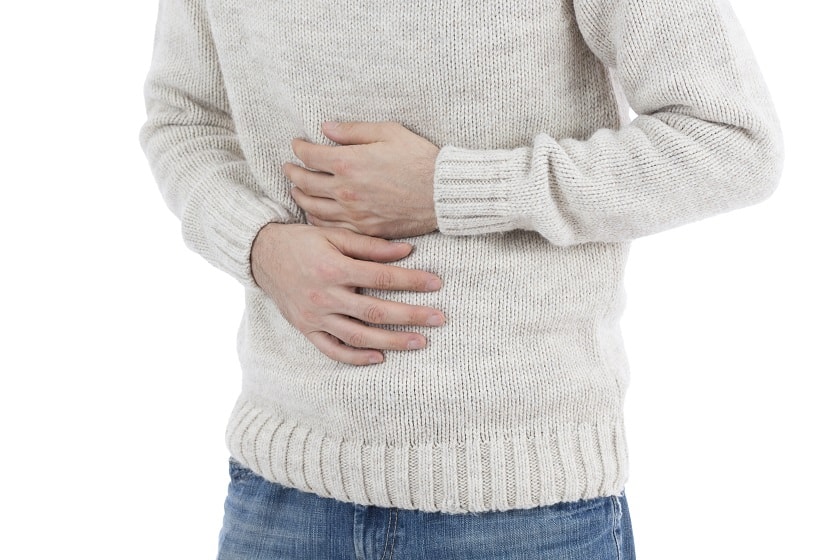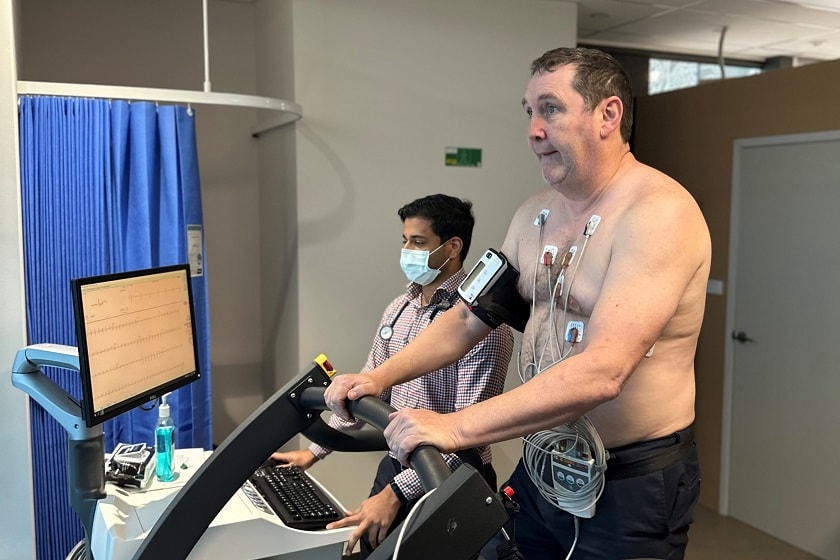Every minute counts when you are having a heart attack.
When people arrive at an emergency department with chest pain, first priority is to rule out a heart-related condition.
The earlier doctors are able to open up the blocked artery and restore blood flow to the heart, the better your chances of survival.
Warning signs of heart attack
- Discomfort or pain in the centre of your chest
- Discomfort in your arms, shoulders, neck or jaw
- Shortness of breath
- Nausea
- A cold sweat
- Feeling dizzy or light-headed
If you have chest pain or other warning signs of a heart attack that are severe, get worse quickly or last more than 10 minutes, call 000 immediately.
What else could cause chest pain?
Other common causes of chest pain are indigestion or reflux, muscle strains and inflammation, shingles and chest infections.
Chest pain can also be coming from the heart but be less severe than a heart attack – this is called angina. It is caused by poor blood flow to the heart, often when the heart has to work harder than usual.
People with coronary artery disease can experience angina, often with exercise, high emotion or distress, cold weather or after eating a large meal.
The pain doesn’t last long and is relieved with rest. If the pain persists, this may indicate a heart attack.
Find out more
For more information on warning signs and treatments for heart attacks, visit The Heart Foundation website










